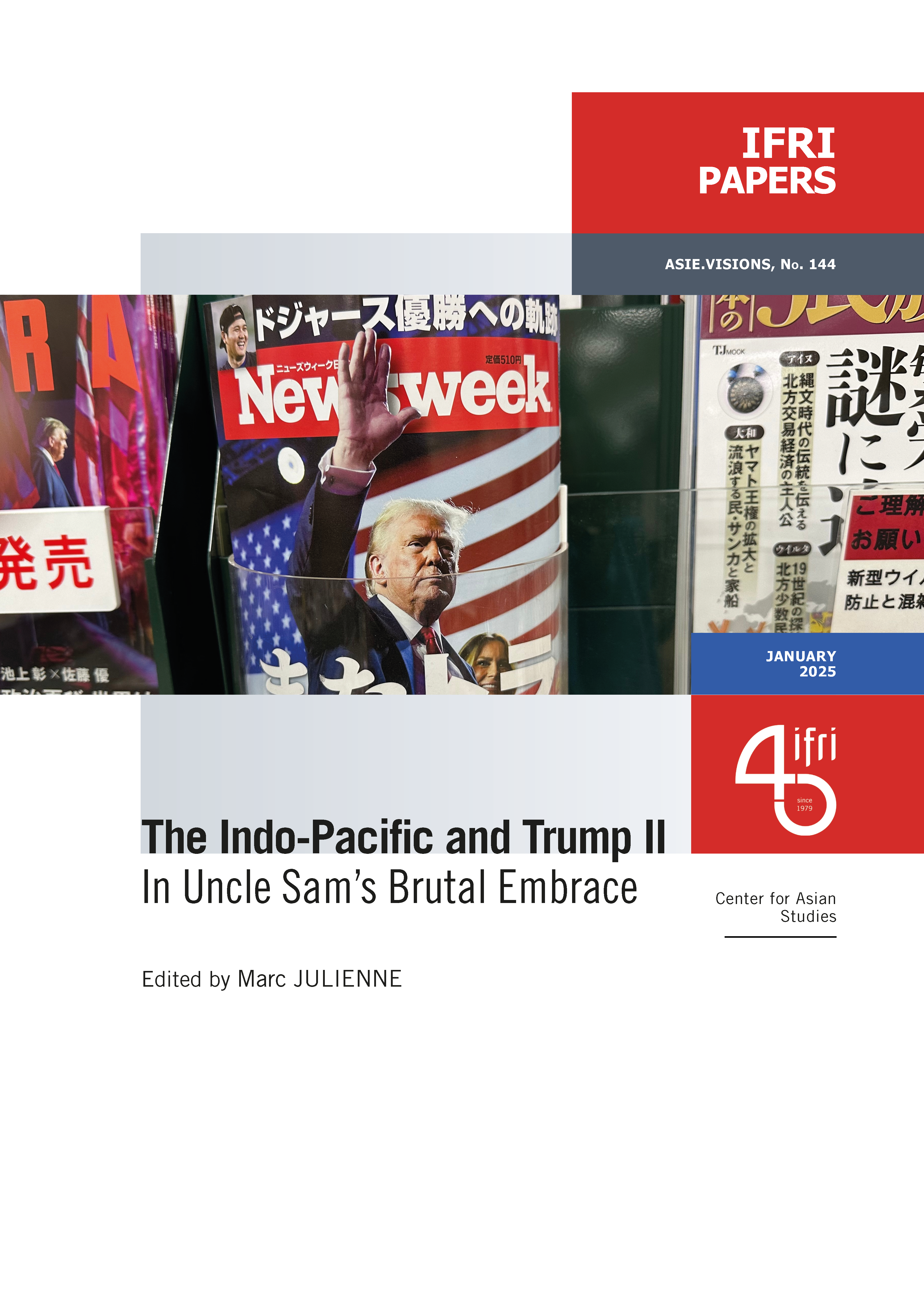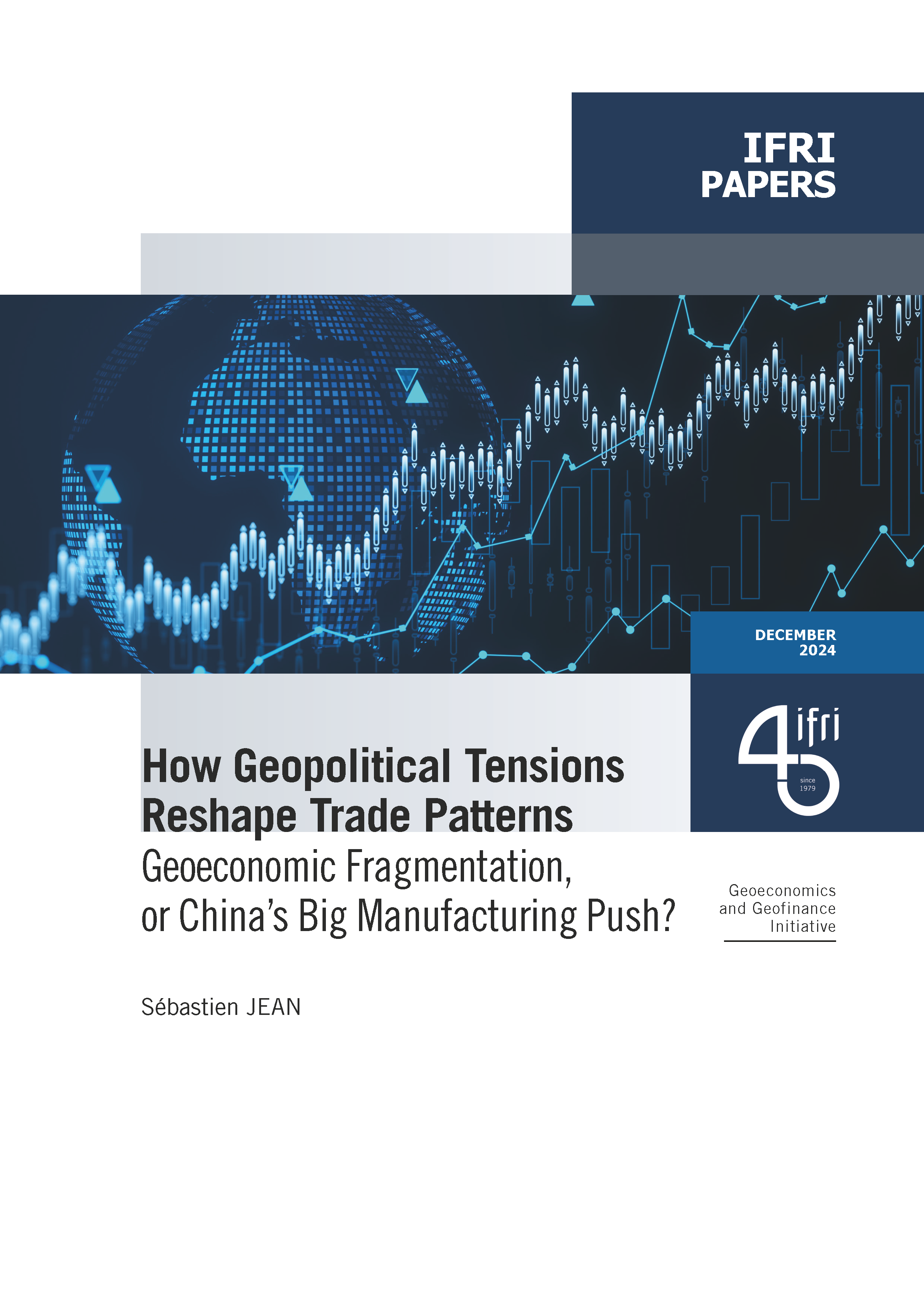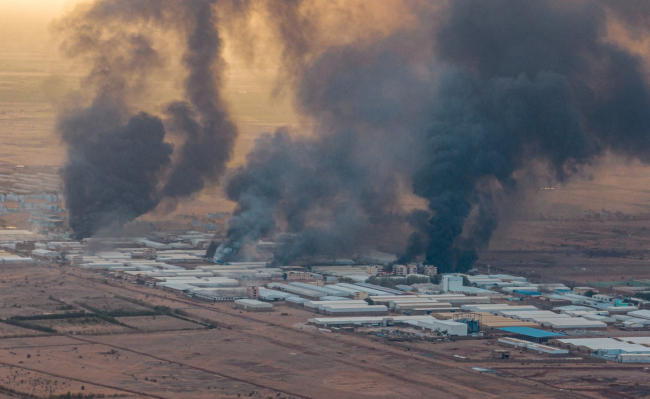Gulf States: A Paradoxical Economic Lifeline for Sudan
For decades, Gulf states have provided crucial financial assistance to Sudan. Gulf interest in Sudan is driven by economic benefits and geopolitical competition, though each country has its own interests and approach.
The Geopolitics of Seawater Desalination
A rapidly-expanding market
A Year after the Start of the Saudi-Emirati Blockade against Qatar. What Are the Consequences for West Africa?
On June 5th 2017, Saudi Arabia, the United Arab Emirates, Egypt and Bahrain broke off diplomatic relations with Qatar and agreed to isolate the Emirate via an air and land blockade.
The Gulf Monarchies' Armed Forces at the Crossroads
Something is happening with the military forces of the Arab monarchies in the Gulf.
Diplomacy as Diaspora Management: The Case of India and the Gulf States
In today’s world, diaspora management and diplomacy have become increasingly enmeshed, reflecting the growing interconnections between domestic and international issues.
Water and Energy in the GCC: Securing Scarce Water in Oil-Rich Countries
Water scarcity in the Gulf Cooperation Council (GCC) states has traditionally been addressed by finding new ways of producing water. The high costs of desalinated water production are borne by the State through subsidies. As this trend is not environmentally or economically sustainable, new strategies are now giving priority to cost recovery and efficient resource management.
Persistence and Evolutions of the Rentier State Model in Gulf Countries
A general economic model of understanding Middle Eastern states was elaborated by political scientists around the 1980’s, based on the concept of rent as a factor of wealth around which the economic model as much as the governance of energy-rich countries was re-organized. The particular case of GCC’s countries as rentier state has been at the cornerstone of this concept since they own the most important share of energy resources in the world.
Turkey/GCC Economic Relations
Developing economic relations with GCC countries has become a consistent objective of the Turkish government since the coming in power of AKP. They have been successful in rallying part of the Turkish business community to this objective, thus building an internal social consensus towards opening to the Gulf.
Temporary Workers or Permanent Migrants? The Kafala System and Contestations over Residency in the Arab Gulf States
The Arab Gulf is the third largest receiving region for global migrants (after North America and the European Union). The six states of the Gulf Corporation Council (GCC) are the richest Arab economies, boast some of the highest GDP per capita rankings in the world, and they all depend upon guest workers in virtually every economic sector. Guest workers have played an integral role in the Gulf since the 1970s, supplying the skills and manpower needed to implement ambitious development plans.
The Gulf Cooperation Council in the Maghreb: Exchange and Investment Strategies
The Gulf Cooperation Council (GCC) is a regional organization which was created in 1981, reassembling six Arab countries together: Saudi Arabia, Kuwait, Bahrain, Oman, Qatar, and the United Arab Emirates (UAE). Thanks to their oil income, GCC countries have enjoyed economic boom since 2002, hence breaking with the 1990s economic slow-down.
Gulf States: A Paradoxical Economic Lifeline for Sudan
For decades, Gulf states have provided crucial financial assistance to Sudan. Gulf interest in Sudan is driven by economic benefits and geopolitical competition, though each country has its own interests and approach.
A Year after the Start of the Saudi-Emirati Blockade against Qatar. What Are the Consequences for West Africa?
On June 5th 2017, Saudi Arabia, the United Arab Emirates, Egypt and Bahrain broke off diplomatic relations with Qatar and agreed to isolate the Emirate via an air and land blockade.
The Gulf Monarchies' Armed Forces at the Crossroads
Something is happening with the military forces of the Arab monarchies in the Gulf.
Diplomacy as Diaspora Management: The Case of India and the Gulf States
In today’s world, diaspora management and diplomacy have become increasingly enmeshed, reflecting the growing interconnections between domestic and international issues.
Water and Energy in the GCC: Securing Scarce Water in Oil-Rich Countries
Water scarcity in the Gulf Cooperation Council (GCC) states has traditionally been addressed by finding new ways of producing water. The high costs of desalinated water production are borne by the State through subsidies. As this trend is not environmentally or economically sustainable, new strategies are now giving priority to cost recovery and efficient resource management.
Persistence and Evolutions of the Rentier State Model in Gulf Countries
A general economic model of understanding Middle Eastern states was elaborated by political scientists around the 1980’s, based on the concept of rent as a factor of wealth around which the economic model as much as the governance of energy-rich countries was re-organized. The particular case of GCC’s countries as rentier state has been at the cornerstone of this concept since they own the most important share of energy resources in the world.
Turkey/GCC Economic Relations
Developing economic relations with GCC countries has become a consistent objective of the Turkish government since the coming in power of AKP. They have been successful in rallying part of the Turkish business community to this objective, thus building an internal social consensus towards opening to the Gulf.
Temporary Workers or Permanent Migrants? The Kafala System and Contestations over Residency in the Arab Gulf States
The Arab Gulf is the third largest receiving region for global migrants (after North America and the European Union). The six states of the Gulf Corporation Council (GCC) are the richest Arab economies, boast some of the highest GDP per capita rankings in the world, and they all depend upon guest workers in virtually every economic sector. Guest workers have played an integral role in the Gulf since the 1970s, supplying the skills and manpower needed to implement ambitious development plans.
Support independent French research
Ifri, a foundation recognized as being of public utility, relies largely on private donors – companies and individuals – to guarantee its sustainability and intellectual independence. Through their funding, donors help maintain the Institute's position among the world's leading think tanks. By benefiting from an internationally recognized network and expertise, donors refine their understanding of geopolitical risk and its consequences on global politics and the economy. In 2024, Ifri will support more than 70 French and foreign companies and organizations.













